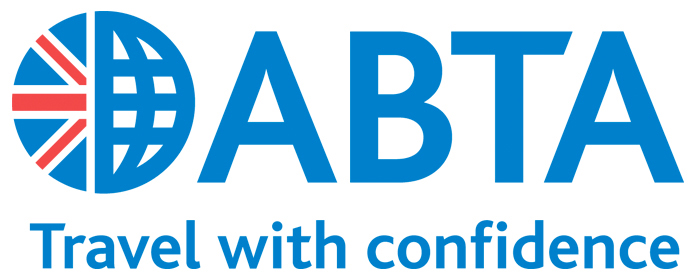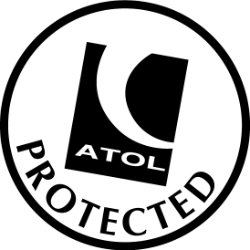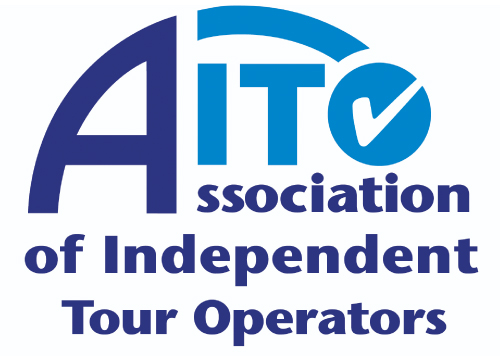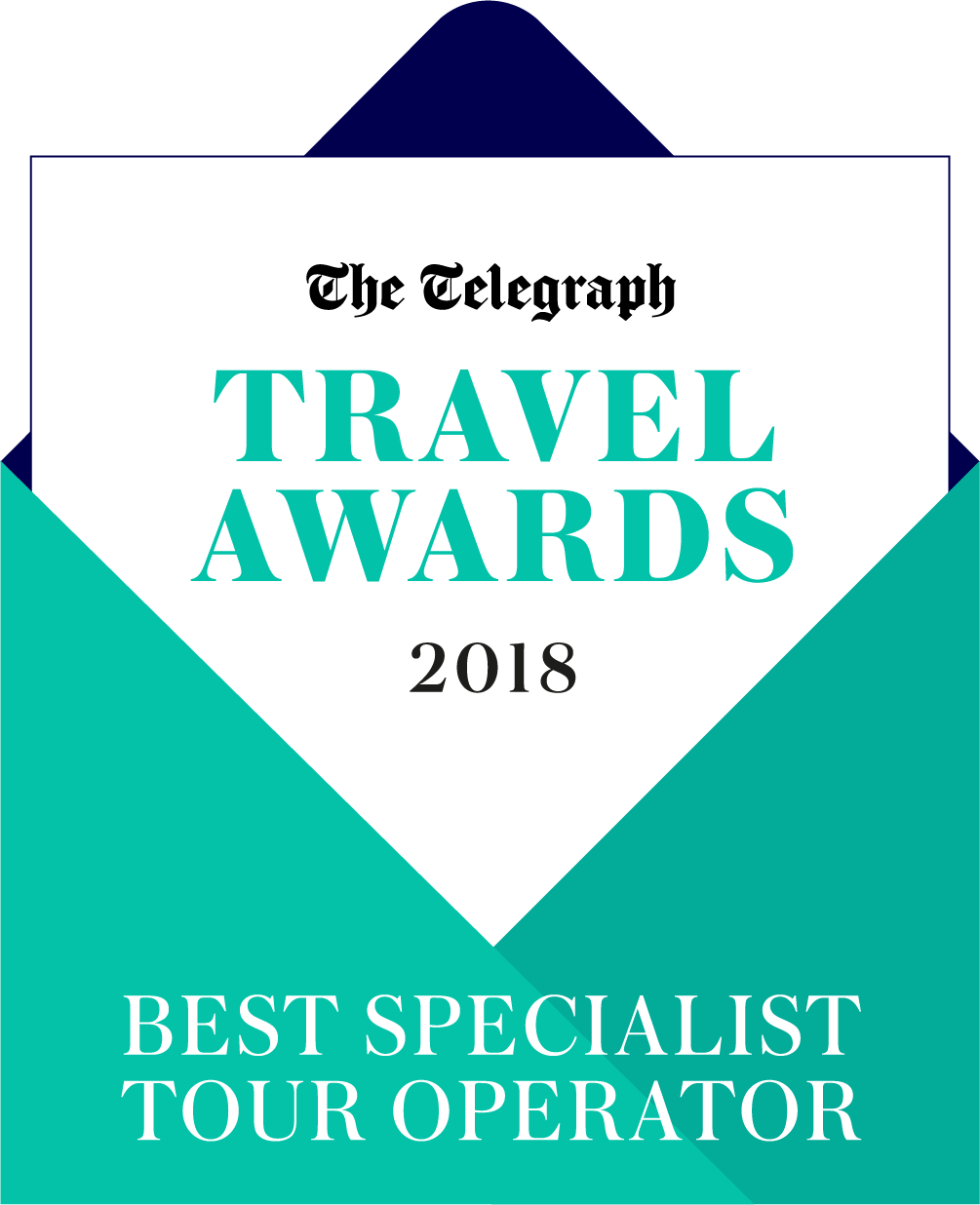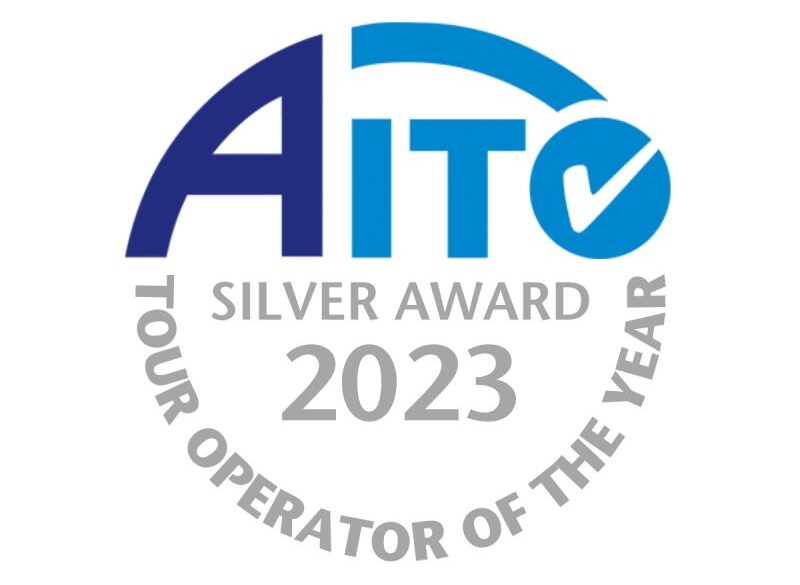Below is our list of Borneo travel essentials for Malaysia and Brunei: visas, money, language, tipping, keeping in touch, and more. Once you book a holiday with us, we’ll provide additional tips and information specific to your trip.
Visas
In Malaysian Borneo, passport holders from more than 60 nations including the UK, European Union members, USA, and Australia do not require a visa. A 90-day stay will be granted upon entry so long as your passport is valid for at least six months after your intended departure date and you can provide proof of onward or return travel. With similar requirements, passport holders from an additional 90+ countries are permitted a 30-day visit without a visa.
Please note that even if you passed through immigration in Kuala Lumpur or elsewhere in Western Malaysia, you will need to pass through immigration again upon arrival in both Sabah and Sarawak. Similarly, you will need to exit through immigration when transiting between the two states and into Western Malaysia.
Brunei is a bit more complicated. For UK passport holders, British citizens and British subjects with right of abode in the UK may enter visa-free for 90 days. Passport holders from EU-nations, a few other European countries, and the USA are granted a visa-free stay upon arrival of up to 90 days. Visits of 14 and 30 days are granted to passport holders of another 21 nations. Australians must purchase a 30-day visa upon arrival. For all, passports should be valid for at least six months after the intended date of departure from Brunei.
Currency
The Malaysian ringitt is the national currency in Sabah and Sarawak. The Brunei dollar, tied to the Singapore dollar, is the currency of Brunei. In both countries, local currency can be exchanged or withdrawn at the international airports and in city centers. While exchanges can be made and ATMs found outside of these areas, the options are limited and we don’t recommend relying on them. In Brunei, exchange facilities are often easier to find than ATMs that accept international cards.
Credit cards are generally accepted in hotels and in city restaurants although less so as you move away from the major urban areas. Some restaurants and shops require a minimum amount for the use of a credit card. A fee of up to 5% may be imposed for credit card payment in some places but this should always be disclosed before you provide your card.
Vaccinations & Health
We advise you to make a travel appointment with your local medical team for the most up-to-date and accurate information. For most travelers, anti-malarial tablets are not advised but there are exceptions. We recommend consulting the NHS Fit for Travel pages as these have much more detail about immunizations and provide a malaria map of the region: Malaysian Borneo and Brunei Darussalam.
Mosquito repellent is available in chemists and many hotels and lodges throughout Borneo although it may not be your preferred brand or type so we recommend bringing some along from home.
Insurance
A policy to cover theft, loss, and medical issues is a must. Please visit our page on travel insurance for further information. It is a good idea to photocopy and scan all relevant documents – passport, travel insurance policy, etc. – and leave one copy at home. Carry another copy with you separate from the originals and digital versions in your smartphone.
Language
There are multiple languages and dialects spoken in Borneo including Malay, English, Mandarin, Hokkien, and those of many local tribes. Malay is the official language but English is widely spoken everywhere. If you wish to say ‘thank you’ in Malay, the words are ‘terima kasih’ and you will almost always receive a pleasant ‘sama-sama’ in response. Our guides and drivers all speak English.
What to Wear
Malaysian Borneo is predominantly Muslim and dressing modestly is appreciated throughout the region. Some women cover their arms and legs and wear a tudung (head scarf) while others dress conservatively but still bare their limbs to a modest degree. Foreign women are not expected to wear a head scarf. In Brunei, women will be more comfortable wearing long, lightweight trousers or full-length skirts and keeping their shoulders and upper arms covered. Revealing clothing should be strictly avoided in this small nation.
When in the rainforest or jungle or while wildlife viewing, muted colors and lightweight fabrics are often the most comfortable. Long trousers and sleeves to minimize mosquito bites in the evenings are recommended and if you’ll be walking in any leech-frequented areas such as Tabin, Danum, Bako, Mulu, or Batang Ai, a pair of leech socks may prove helpful. As Borneo is a tropical climate that can receive sun and rain on any given day, we recommend carrying both a sun hat and umbrella, poncho, or rain jacket with you at all times.
Tipping
While tipping is not mandatory or expected in Borneo, it is certainly appreciated. If you wish to tip, 10-20 ringitt per person per day is appropriate for generalist guides, drivers, and boat captains. For specialist guides, you may wish to tip up to double that amount depending on the service provided and the guide’s level of expertise.
Internet & Telephone
You will find WiFi in major hotels, cafés, and shopping malls. It is, however, not always very fast or reliable. Outside the cities in the jungles, rainforests, and islands, WiFi access is often extremely limited or non-existent. In many lodges and resorts, WiFi is only available in the reception and restaurant areas and does not extend to guest rooms.
If your phone is unlocked you may wish to purchase a local SIM card upon arrival at Kota Kinabalu or Kuching airport. Cards from Celcom, Digi, and Tune are readily available and purchasing a data package for a one or two week trip is quite affordable. In many parts of Borneo, the phone signal is stronger than WiFi although in the more remote regions, this is not necessarily the case.
The country code for Malaysia is +60 and for Brunei it is +673. If you are calling within either country from a local number, you may need to add a 0 at the start of the sequence. To dial the UK, dial +44 or 0044.
Time Difference
Borneo is 8 hours ahead of GMT during the winter and 7 hours ahead when daylight savings time is in effect in the UK.
Electricity
The standard voltage is 220 and standard frequency is 50. Most electrical outlets are the traditional British three-prong (type “G”) although you may encounter a few universal outlets in some city hotels.
Driving License
When hiring a car, you’ll need to show your home license if it’s printed in English. If it’s printed in any other language, an International Driver’s Permit is required. Should you wish to hire a motorbike or scooter, you must have a valid motorbike license from your home country.
Drinking Water
Tap water is generally not safe to drink in Borneo. Bottled water is readily available and at many of the hotels we work with, you may refill your own water bottle from a larger supply of safe drinking water in the lobby or restaurant. We encourage all travelers to Borneo to bring a reusable water bottle to minimize the use of disposable plastic bottles.
Laws, Customs, and Culture
Islam is the state religion of Malaysia and Brunei although in Malaysia, Christianity, Buddhism, Daoism, and traditional tribal belief systems are widely practiced. In Brunei, Sharia law is in effect but the country is, in practice, only moderately Muslim. Throughout Borneo, conservative dress and behavior is appreciated and expected.
When visiting a mosque, avoid passing in front of a person who is praying and be respectful of dress codes. Women need to be completely covered including a headscarf. Some mosques will loan robes and head coverings to visiting women.
Throughout Malaysia and Brunei, removing one’s shoes upon entering a home, mosque, temple, and in some cases the public areas of a resort or lodge, is expected. When in doubt, watch what others do and follow suit.
A traditional greeting is to place one’s right hand on the heart while exchanging pleasantries although you will find this more among native Sabahans and Sarawakians and less from Chinese descendants. Some Muslims will not shake hands with members of the opposite sex.
Public displays of affection are extremely rare. Given the state religion, homosexuality is subject to official discrimination although tolerance is growing.
During Ramadan, eating, drinking, or smoking in front of Muslims between sunrise and sunset is taboo.
Visiting Traditional Tribal Villages
If you are visiting or staying overnight at a longhouse, speak with your guide beforehand about any customs specific to the tribe you’re visiting. You may stop along the way to purchase small gifts for your hosts. Your guide will assist you with selecting appropriate items.
In some tribes, refusing offers of food or drink is considered impolite. Your guide will advise you before you arrive at a longhouse how to politely decline.
Festivals & Holidays
Muslim, Christian, Chinese, Buddhist, Hindu, Sabahan, Sarawakian, and a number of state holidays are recognized in Borneo. In Brunei, additional holidays exist to celebrate the life of the Sultan. Prices rise during the Christmas, New Year, Chinese New Year, and Easter holidays. If you are fortunate enough to be in Kuching during Chinese New Year you may encounter any number of celebrations in the streets and Chinese temples. The Harvest Festivals held in May and June are equally special times to visit as you may be lucky enough to witness traditional dress, dance, poetry singings, and other customs of the indigenous tribes. The 31st of August, Malaysian Independence Day, brings parades to the streets of Malaysian Borneo’s cities.
